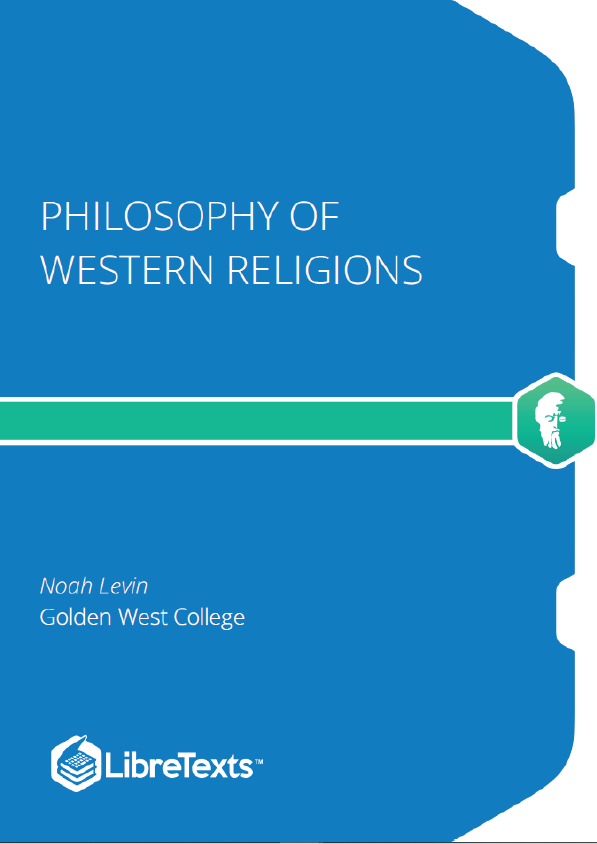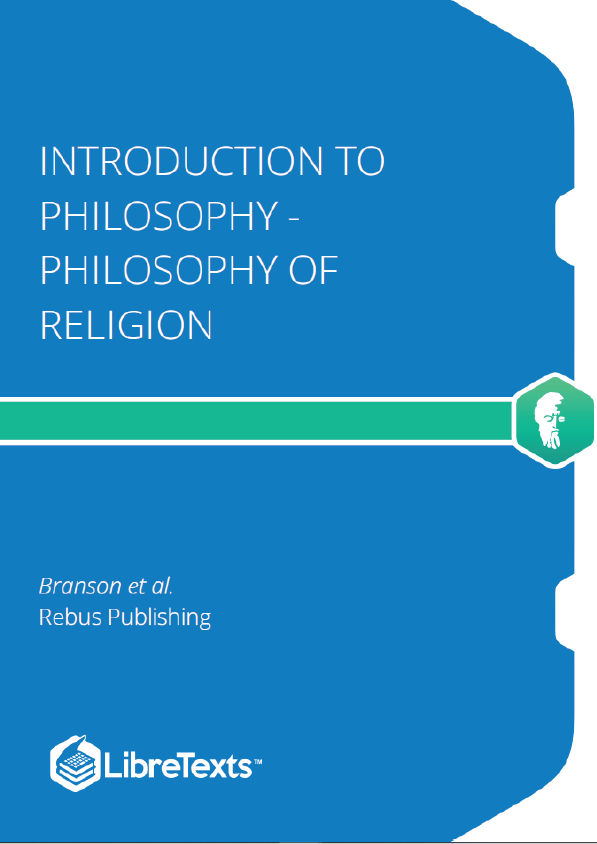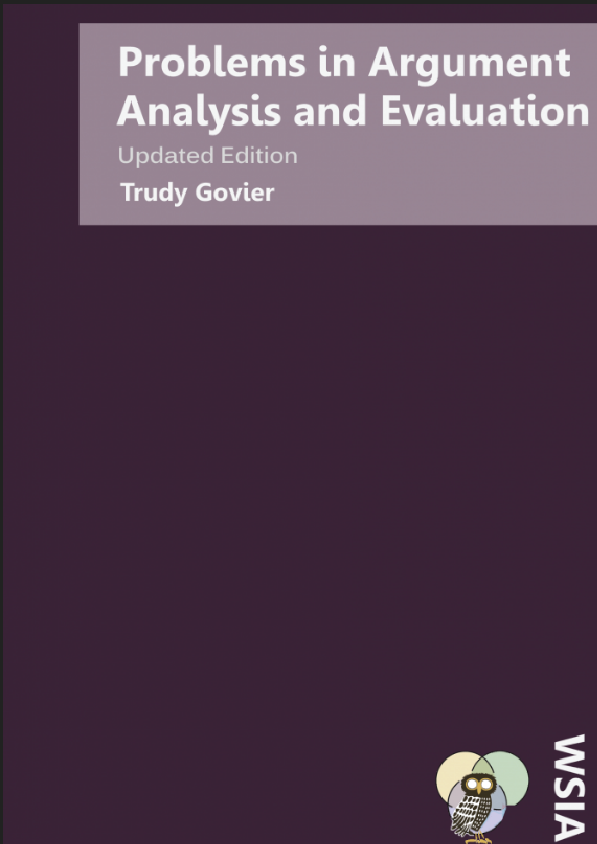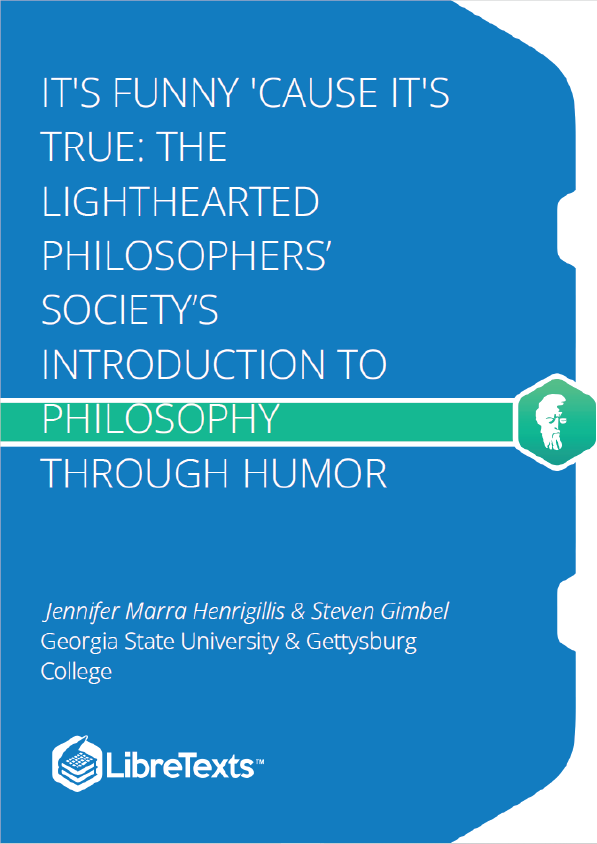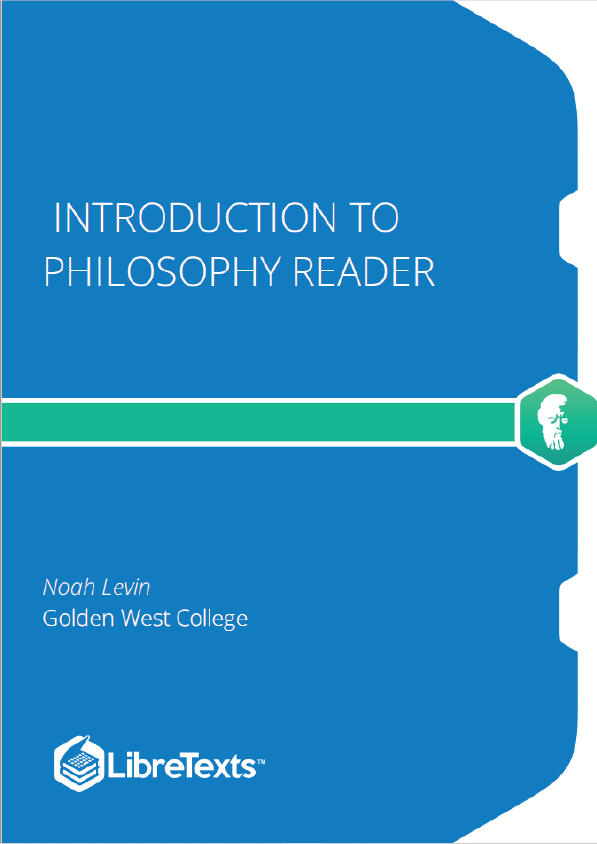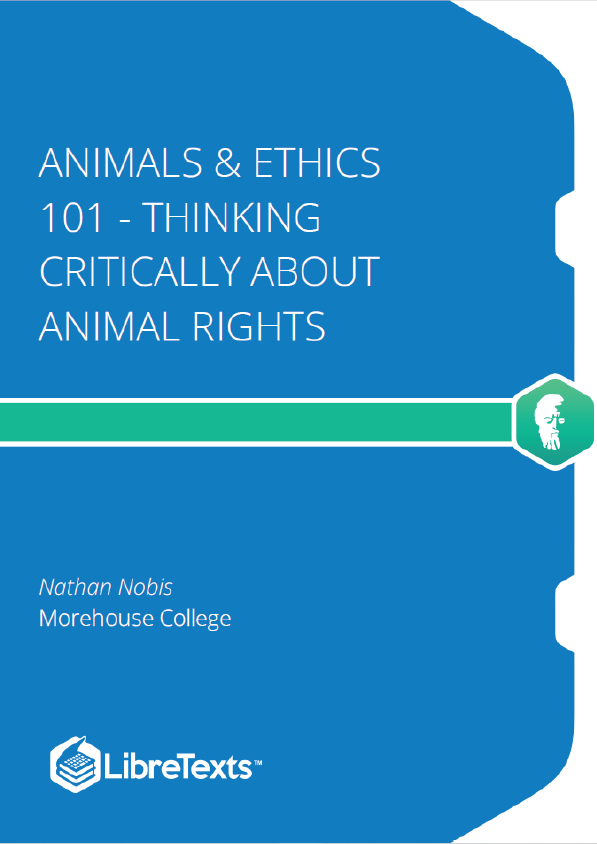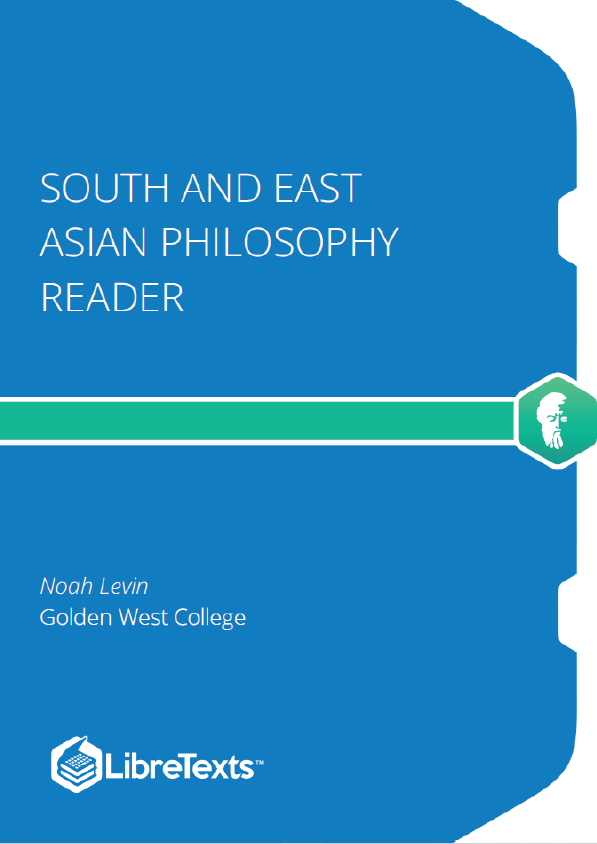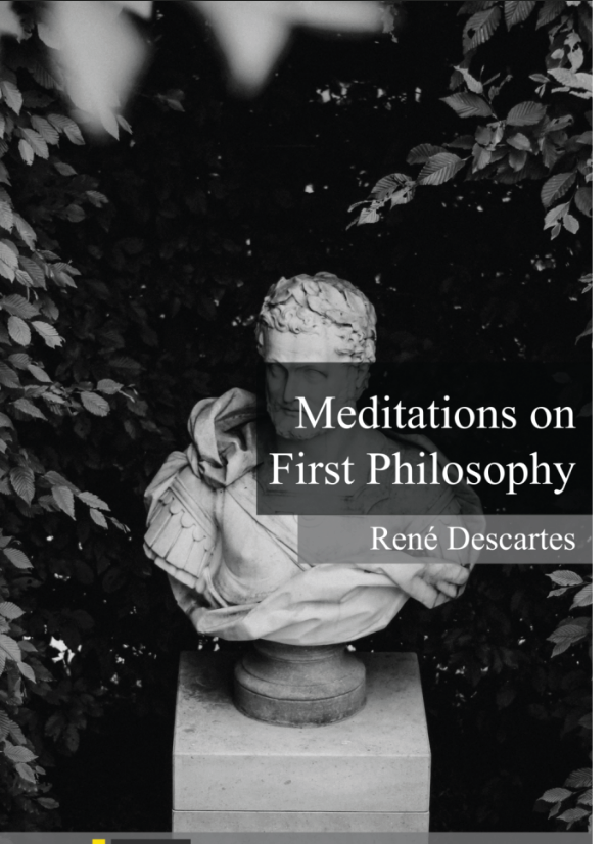This work will cover the many various topics that have played an important historical role in the development of the field of Philosophy of Religion, which, in the west, focuses on the Abrahamic God (the God of Abraham, the founder of the Jewish religion, that dominates Western conceptions of God), what he is like, and how we might show he does, indeed, exist. Believing in religion (or God) will have an impact on the individual and society, and the implications of belief permeate every article in this work. It is difficult to separate the idea of “religion” in general from specific religions, but that is the goal of this first Unit. In this Unit, there are readings that attempt to understand what a religion is, what constitutes religious belief, and examine the broader role that religion might play in our lives and society.
Chapter 1, Philosophy of Religion, God, and Theology, carves out the discipline of Philosophy of Religion and explains what its purposes are. Chapter 2, Cults, Extremism, and Fundamentalism, attempts to understand terms related to religion with the goal of obtaining a clearer picture of what makes up a religion (and why it is a distinct concept). Chapter 3, Science and Theology by Kenneth Cauthen, goes over some of the relationships between science and religion. Chapter 4, What Makes a Religion Special?, attempts to understand religions as a unique concept, apart from other beliefs or worldviews we hold. Chapter 5, The Ethics of Belief by W.K. Clifford, is a classic piece on illustrating the problems with holding incorrect beliefs. Chapter 6, The Will to Believe by William James, is another classic work that functions partially as a response to Clifford’s paper and defends religious beliefs. Chapter 7, What Does it Mean to Believe in God? taken from Common Sense by the 18 century Philosopher Baron d’Holbach, clarifies the various ways that people can believe in and relate to God and religion by means of criticism.
Western religions are dominated by the belief in one central being: God. With a capital G. The proper way to refer to this God is as the “Abrahamic God,” meaning the God of Abraham, the founder of the Jewish religion. This God, in Western traditions, has often been referred to as the “Judeo-Christian” God, but this is a slight misnomer since there are more religions that believe in the existence of that God, most notably Islam. This God, the singular all-powerful being, is the focus of most philosophical discussions on Western religions.
The field of Philosophy of Religion is not the same as Theology, nor is it the same as Religious Studies. There is a lot of overlap between these fields, but it is important to appreciate what Philosophy of Religion is and what makes something a problem for this specific area. Theology generally covers the study of a religion from within. For example, the classic question in Christianity about the metaphysical nature (the actual reality) of the Holy Trinity of the father (God), the son (Jesus), and the Holy Spirit, is one for theology. Philosophical jargon and analyses will be heavily employed, but there will be no criticism of the concept in the first place: the Trinity is accepted as true, and the issue becomes a matter of understanding how it works, not if it exists. Thus, the analysis itself belongs under the umbrella of theology because it assumes a particular religious framework in which to do its analysis. It doesn’t make a lot of sense to ask about the value of the Holy Trinity for a Taoist, and while a Taoist viewpoint can help to understand the Holy Trinity, the basis for answers comes from within the religion itself. Theology, then, is the branch that deals with religious questions in the context of that religion.
